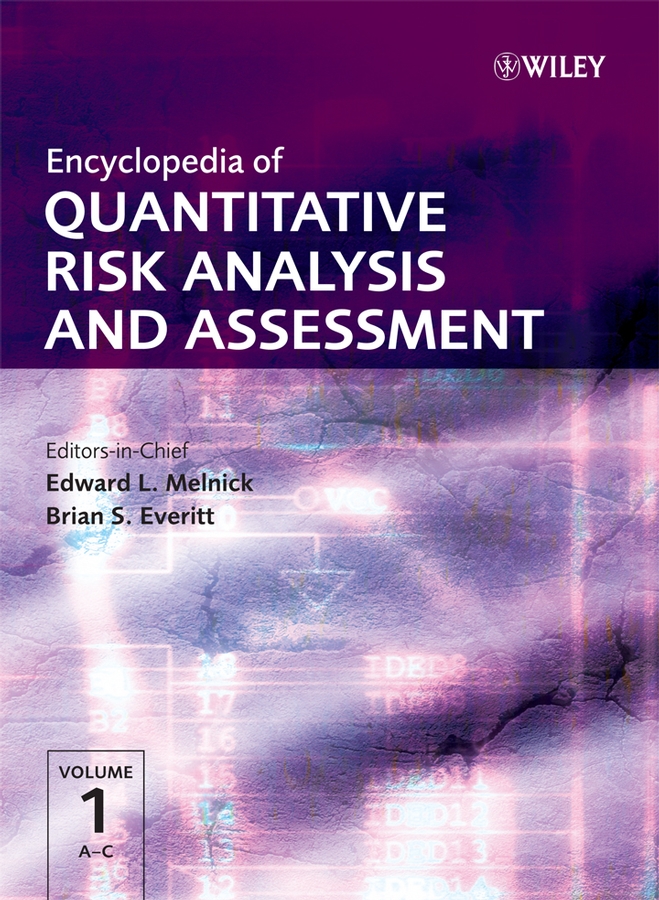Dose–Response Analysis
Abstract
Dose-response analysis is a substantial part of risk assessment aiming both at estimation of risk at a particular dose and at estimation of a minimum dose for a particular risk. The proof of the existence of a dose-response relationship is a basic element of the proof of causality in experimental sciences. Dose-response analysis requires the establishment of a dose-response model and the availability of dose-response data, both addressed in this chapter. Dose-response data describe the extent of exposure of the individual subject by amounts, or concentrations of the agent. Dose-response models are mathematical formula relating dose D to effect Y(D) and risk R(D), which itself is a function of the effect. The most common models are provided in explicit form. Finally, the procedure of a dose-response analysis is described in generic terms and the methods of statistical inference are addressed.



